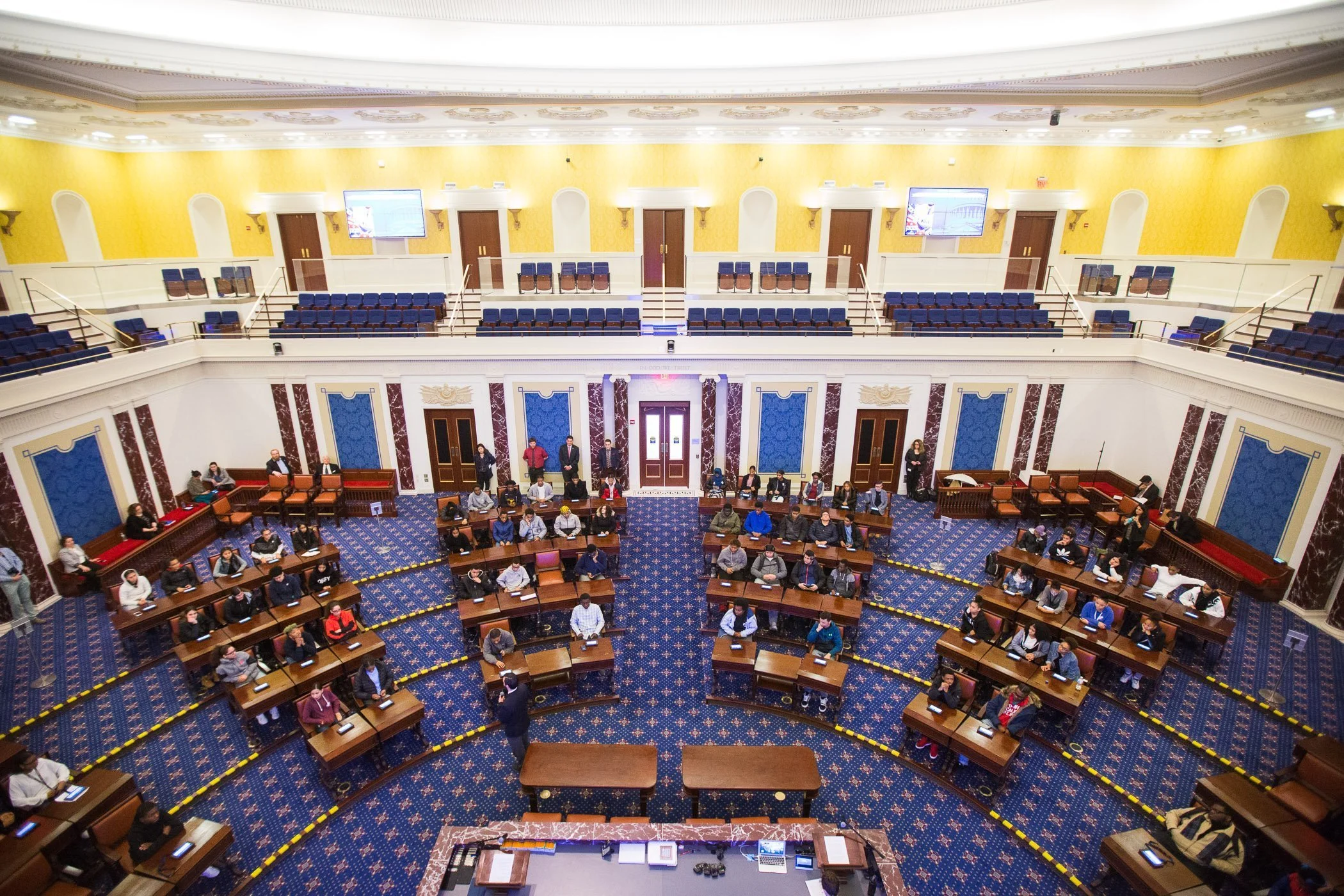Why Pennsylvania’s HB 1200 Misses the Mark on Cannabis Legalization
Pennsylvania's House Bill 1200 (HB 1200) aims to legalize recreational cannabis by establishing a state-run retail system managed by the Pennsylvania Liquor Control Board (PLCB). While the intention is to regulate cannabis similarly to alcohol, this approach raises several concerns.The Marijuana Herald+2BEARD BROS PHARMS+2Black Cannabis Magazine+2
1. Threat to Existing Dispensaries
HB 1200 proposes that only state-operated stores sell cannabis, potentially sidelining current medical dispensaries. This could lead to the closure of established businesses and disrupt the livelihoods of employees in the cannabis sector. BEARD BROS PHARMS
2. Limited Market Access for Small Businesses
The state-run model may hinder small businesses from entering the cannabis market. With the government controlling retail operations, opportunities for local entrepreneurs to participate in the cannabis industry could be significantly reduced. BEARD BROS PHARMS+1PhillyVoice+1
3. Potential Legal and Operational Challenges
Operating state-run cannabis stores could expose Pennsylvania to legal risks, as cannabis remains illegal under federal law. This discrepancy might complicate banking, taxation, and other operational aspects for the state-run system. BEARD BROS PHARMS+1Black Cannabis Magazine+1
4. Public Health and Safety Concerns
Critics argue that the state-run model may not adequately address public health and safety issues related to cannabis use. Without a competitive market, there might be less incentive to innovate in product safety and consumer education. PA Family
5. Lack of Consumer Choice
A state monopoly on cannabis sales could limit consumer choice. Without competition, there may be fewer product options and less flexibility in pricing, potentially leading to dissatisfaction among consumers. BEARD BROS PHARMS
Conclusion
While the legalization of cannabis in Pennsylvania is a positive step forward, HB 1200's state-run model may not be the most effective approach. It could disrupt existing businesses, limit market access for small entrepreneurs, and present legal and operational challenges. A more balanced model that incorporates both state oversight and private sector participation might better serve the interests of consumers, businesses, and the state's economy.BEARD BROS PHARMS






